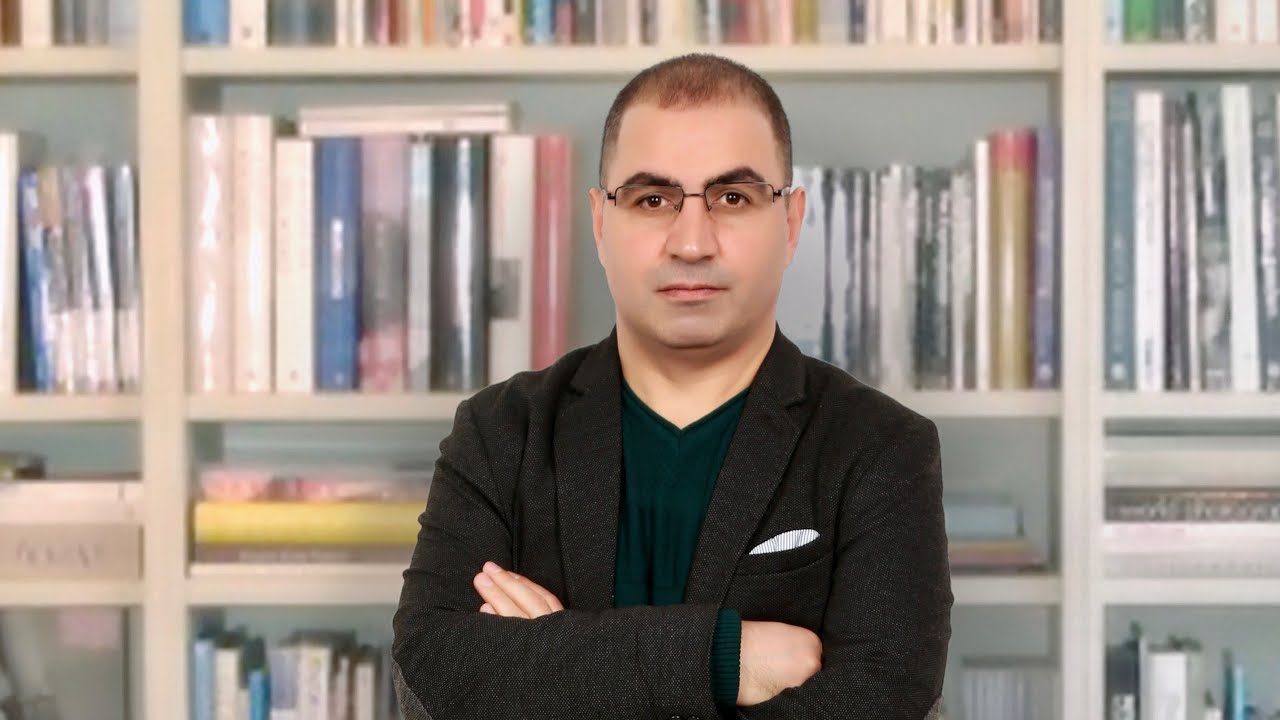Author-turned-fugitive Hüseyin Edemir spent a year and a half in a Turkish jail – during which his first novel was conceived. He tells IranWire readers that the best way to overcome the strain of self-isolation is to engage in creative pursuits. Edemir was interviewed by Marjan Greenblatt.
Author Hüseyin Edemir was arrested in 2010 while studying for his master’s degree and detained in a high-security Turkish prison for 18 months, accused of membership of a terrorist group.
A strident critic of President Recep Tayyip Erdogan’s regime, he went on to spend five years as a fugitive in the country, hiding from police while penning his first novel.
In 2017 Edemir fled the country as a second arrest order was issued against him. He arrived at a refugee camp in Zurich and has now settled in Switzerland, which is currently in lockdown with more than 16,000 confirmed cases of the coronavirus.
In an interview with IranWire, Edemir says that creativity helped him overcome the psychological strain of being in a Turkish prison cell. He believes that writing and productivity may now also help those in quarantine.
In prison, Edemir’s physical environment was carved up and circumscribed by his jailers. The door to the room he was confined in only opened from the outside. Prisoners could only exercise at certain times, and were told which side of the corridor they could walk on.
“You have very limited means,” Edemir says. “The wardens shut the doors whenever they choose.”
To make good use of the time and overcome the “psychological strain”, Edemir turned to creative pursuits. “In prison you can discover things beyond your physical body, such as your mind and your spirit,” he says.
“You can draw, recite poetry, write a book. If you have talent in music, although your access to instruments is limited, you can still write music with a pen and paper.
“I decided to pursue literature. Some of the books that I wrote outside prison later were conceived in prison.”
In line with other former prisoners of conscience interviewed by IranWire, Edemir also says that acknowledging the situation and its root causes could help make confinement tolerable.
“If you understand why the guard inspects your shoes, why he insists on squeezing you to one side of the corridor, you can better cope with your circumstances,” he says.
“You have to choose your battles [and] essentially, find a way to exist under the circumstances.”
In Switzerland, Edemir says that as yet self-isolation has not proved an arduous task and he has not experienced any of the same “weakness or stress” engendered in him by prison.
Apart from maintaining connections with others through videoconferences, making live videos and holding forth on social media, he has begun to imagine the characters of his next novel.
“As part of my writing tradition I like to imagine and think about the characters,” he explains. “Once they are formed in my mind, I begin to talk to them.
“In summary, if you are working on something or creating something, this process will be easier for you. Compose some music, make a film, write poems, write a novel and make an effort to do something. Every time you do such work, your effort will reduce the stress of quarantine.”
visit the accountability section
In this section of Iran Wire, you can contact the officials and launch your campaign for various problems



























comments